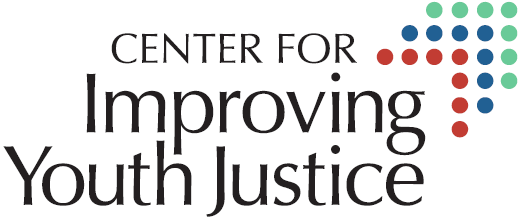“I want to be the one who breaks the chain of poverty in my family. My plan when I get out is to get a job to help me stay focused and out of trouble,” one young man wrote to us in his application for the 2021 PbS Reentry Award.nHe needed money for clothes and shoes to present himself to potential employers. So did all nine of the young people who applied for the $500 award.nA young woman preparing to leave a juvenile facility shortly after she turns 18 years old also needed money for new clothes because nothing still fit her. She’s been in and out of facilities since she was 13. Preparing for temporary housing until she is accepted into a young adult supported living program, she also asked for money for linens and a mattress, groceries and hygiene products because “I can’t be smelly going to work.” She wrote: “In conclusion, $500 would be extremely helpful to get me started living as an adult when I am released.”nThese are just two of the stories of the nine young people who applied for the Reentry Award supported by the PbS Education and Employment Foundation to ease their transition from living in facilities to living in the community. The Foundation’s Advisory Board granted the award to all the youths who applied from five facilities across five states in the country:nnKansas Juvenile Correctional Complex, Kansas Department of Corrections – Juvenile ServicesnFerris School, Delaware Youth Rehabilitative Services DivisionnIllinois Youth Center Chicago, Illinois Department of Juvenile JusticenLong Creek Youth Development Center, Maine Department of CorrectionsnSummit View Youth Center, Nevada Division of Child and Family Servicesnn“I know this gift card can’t solve all my problems, but it can assist with some of the issues I will be facing when I am released into the community,” another young man wrote. “There is no doubt in my mind that with the support of my family and the (agency) team I can see the light on the other side of the tunnel that other youth failed to see.”nIn 2020, PbS surveyed 3,622 young people leaving juvenile justice facilities and community residential programs and only 39% strongly agreed they had enough money for food and clothing and fewer, 29%, strongly agreed it will be easy to pay their rent and/or living expenses.nThey come into juvenile justice through the cracks in other systems of care, from disadvantaged and struggling communities and families. They deserve a real second chance. Let’s give it to them.
